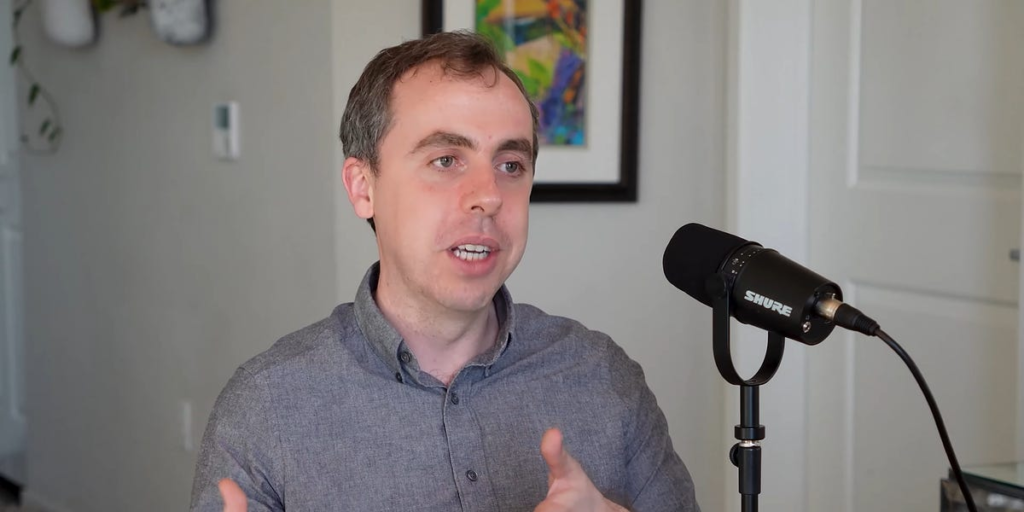Christiano started his AI journey at the Massachusetts Institute of Technology, finishing his studies in undergraduate mathematics. He then pursued a Ph.D. at Stanford University in the area of alignment and machine learning. The base of it was laid by numerous academic challenges in front of the growth of AI technologies for a deep comprehension of complex problems.
After his education, Christiano became associated with OpenAI, a nonprofit AI research organization that works to ensure that advanced digital intelligence is used for the benefit of all. At OpenAI, he has engaged in several efforts related to enhancing the safety and alignment of AI systems. One of these works refers to the framework for iterated amplification, where the focus is on bettering decision-making methodologies using iterative model training based on human feedback and values. This has been done to ensure that AI systems can make such decisions — provided they are beneficial and aligned with human interests.
Apart from his technical work, Christiano involves openly discussing what risks advanced AI might bring about. He stresses the need to take proactive actions in order that no unintended consequences take place, and specifically calls for ‘challenging research’ on collaboration across disciplines to address these Challenges. His comments of this sort struck a chord within the AI community, and as a result, he has become a respected voice in ongoing discussions regarding the future of AI technology.
It is for these works, pursuing the course of AI alignment with such earnestness and zeal, never forgetting the ethical dimensions surrounding the development of this technological behemoth, that one day Paul Christiano, in a world where machines serve man’s bidding and no other way round, will be remembered among the stalwarts. His is a legacy that shall trickle down through posterity of researchers and policy-shapers who had to deal with artificial intelligence as it started holding forth in their societies.


